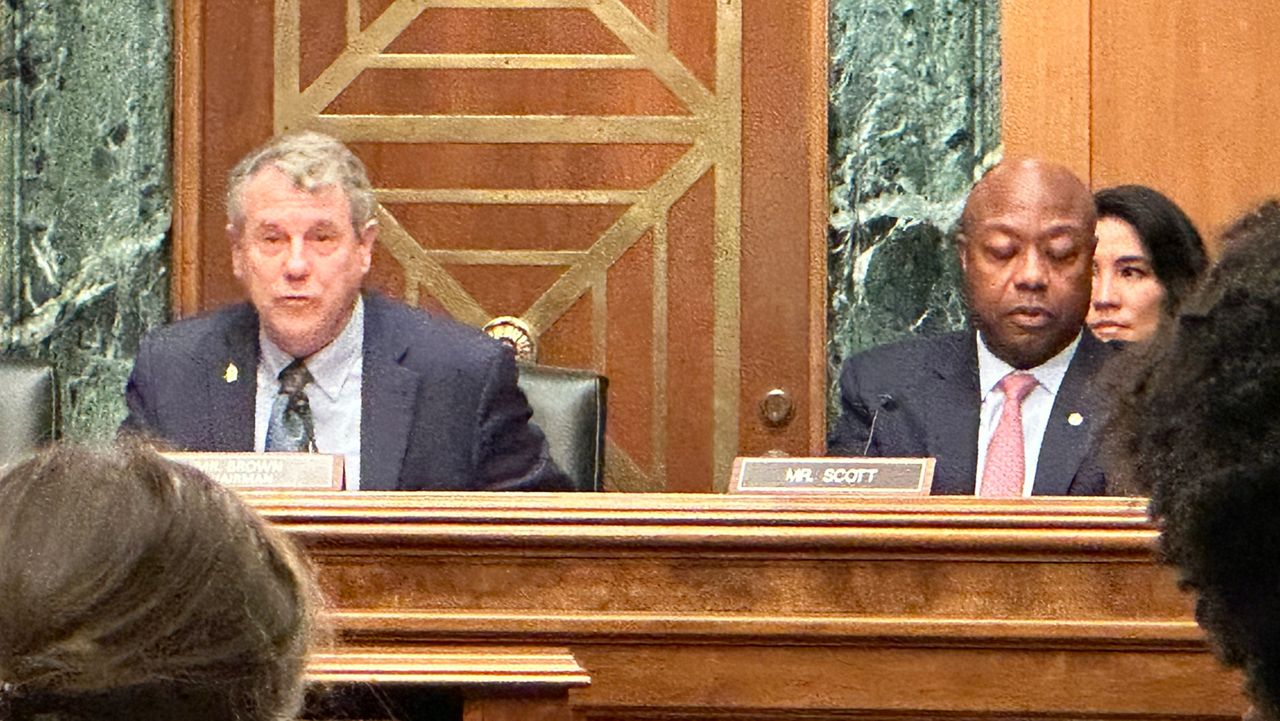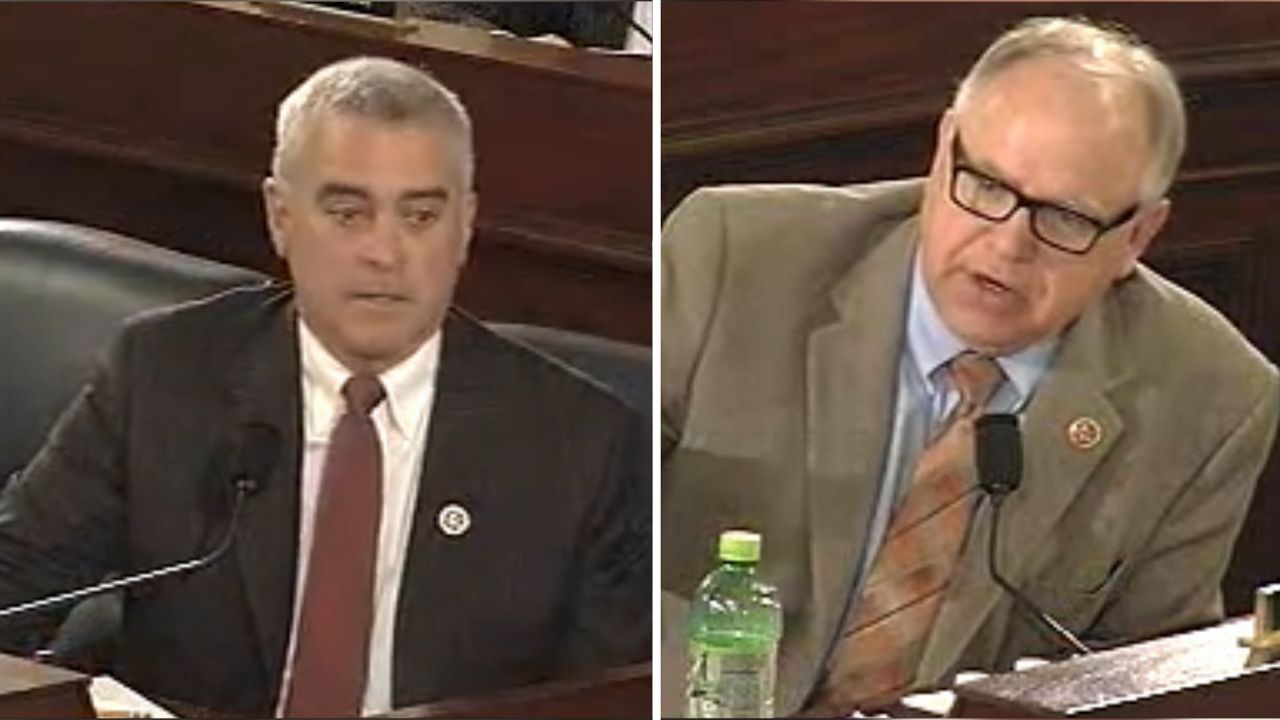WASHINGTON, D.C. — President Joe Biden signed the Social Security Fairness Act into law Sunday. The law reverses two decades-old rules that cut benefits for about 2.8 million public employees who also receive pensions.
What You Need To Know
- President Joe Biden signed the Social Security Fairness Act into law
- Former Sen. Sherrod Brown, an early supporter of the measure, returned to Washington to attend the signing
- About 2.8 million Social Security beneficiaries will see their benefits increase under the law
Those employees, including teachers, firefighters and police, have not received full benefits in decades due to two laws: the Windfall Elimination Provision (WEP) and the Government Pension Offset (GPO).
The WEP reduces Social Security benefit payments for workers who receive pensions from federal, state or local government not covered by Social Security. The GPO reduces Social Security benefits for spouses and widows of workers with government pensions.
“This victory is a culmination of a 44-yearlong fight to provide security for workers who dedicate their lives to their communities, and I’m proud to have played a small part in this fight,” Biden said before signing the law.
Retirees affected by the WEP will see an average increase in monthly benefits of $360, according to the Congressional Budget Office, while retirees affected by the GPO will see an average monthly increase of $700 for 380,000 spouses and $1,190 for 390,000 surviving spouses.
“The handcuffs will be taken off of senior citizens in places like Ohio, and they will be able to get their benefits restored,” said Rep. Marcy Kaptur, D-Ohio, an early supporter of the measure.
Benefits are retroactive to December 2023. Kaptur said she hoped recipients would start receiving payments by March.
“People should know that the money they worked for will be coming to them,” she said. “And for our district, the ninth district of Ohio, you are talking about thousands and thousands and thousands of people. This is good news for senior citizens.”
Some Republicans were initially skeptical about the cost of the measure: $196 billion over 10 years, according to the Committee for a Responsible Federal Budget.
Yet the bill passed overwhelmingly with bipartisan support in both the House and Senate.
Former Ohio Sen. Sherrod Brown, who lost reelection in November, returned to Washington Sunday to attend the signing of the law, which he said was a fitting final piece of legislation for his career fighting for workers.
“We’re bringing some equity in my state. It’s 250,000 workers will be helped by this. It really is to me about this canary. I’m passionate about the dignity of work and fighting for workers,” Brown said a press conference in December.
The law particularly benefits Ohio, which has among the highest percentage of Social Security beneficiaries affected by the reductions. In Ohio, 4% of Social Security recipients are affected by the GPO, while 7.1 percent are affected by the WEP.
The Social Security Administration said it was still working out how to implement the law, but that for now, beneficiaries don’t need to take any action other than making sure their mailing address and direct deposit information is up to date.












